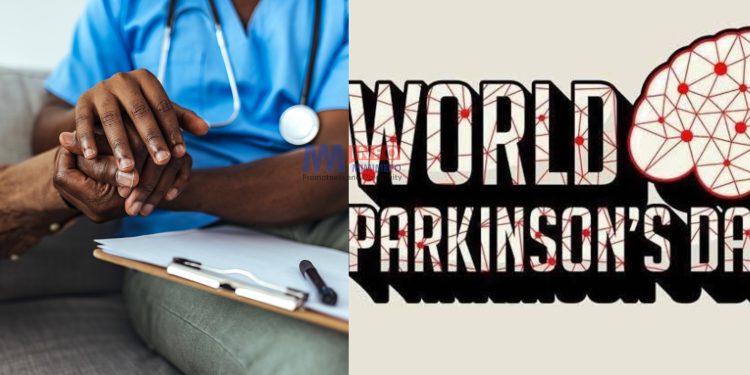Today, April 11th, marks World Parkinson’s Day, a day dedicated to raising awareness of this growing neurological condition.
Parkinson’s disease (PD), as defined by the World Health Organisation, is a brain disorder that impacts movement, mental health, sleep, and can cause pain and other health complications. There is currently no cure, and the disease worsens over time. Medications and therapies can however help manage the symptoms, which commonly include tremors, muscle stiffness, and difficulty speaking.
The condition can be debilitating, often leading to disability and the need for constant care. While it primarily affects older adults, younger people can also develop Parkinson’s. Men are more likely to be diagnosed than women.
The exact cause of PD remains elusive, but risk factors have been identified. Having a family history of the disease significantly increases one’s chances of developing it. Exposure to environmental toxins like air pollution, pesticides, and solvents may also play a role.
The staggering impact of Parkinson’s is undeniable. According to the Parkinson’s Foundation, over 10 million people worldwide live with the disease, with new diagnoses occurring every six minutes in the United States alone.
Mr. Christian, a medical professional in Yaoundé, Cameroon, spoke to MMI about the disease’s biological underpinnings. “Parkinson’s results from the death of nerve cells,” he explained. “These cells act like electrical wires, connecting the brain to the muscles. When they die, the brain loses its ability to communicate effectively with the muscles, leading to the movement problems associated with PD.” He emphasized that nerve cells are unique in the body’s inability to regenerate. “Once they’re gone,” he said, “all we can do is help patients adapt to their new limitations.”
Mr. Christian shed light on the complexities of preventing Parkinson’s. “Since it’s more genetic than caused by external factors,” he noted, “avoiding it’s difficult. There’s no link to daily routines; it’s more about a person’s genetic makeup. While a family history increases risk, PD isn’t contagious.” He did however recommend genetic counseling for those concerned about their family risk.
Parkinson’s primarily affects older adults and men more frequently than women. World Parkinson’s Day serves as a crucial reminder of the need for increased awareness about this disease. By raising public understanding, we can work towards reducing the future burden of Parkinson’s disease.



